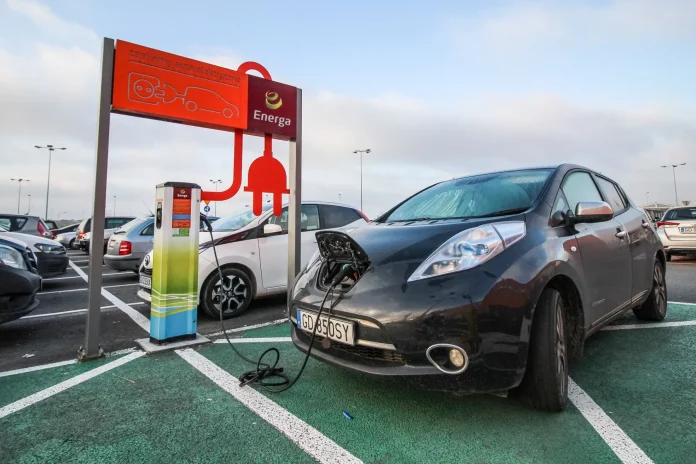Pakistan is aiming for an environmentally friendly future by transitioning to renewable energy sources and reducing its reliance on fossil fuels. The country plans to achieve a 60% renewable energy goal in the next seven years, contributing to a cleaner and more sustainable energy sector.
At the Future Energy Asia Conference 2023 in Bangkok, a delegation led by Federal Minister of Energy Khurram Dastgir discussed the investment opportunities in clean energy in Pakistan. The delegation highlighted Pakistan’s National Electricity Policy 2021, which includes a target of having 30% electric vehicles by 2030, aligning with the Sustainable Development Goals.
However, challenges such as regulatory obstacles and lack of financing for EVs still need to be addressed for the successful implementation of the clean energy plan.
According to Dr. Naveed Arshad, an Associate Professor at LUMS, achieving Pakistan’s target of 30% EVs by 2030 is still possible, but there are challenges to overcome. Regulatory impediments and insufficient financing for EVs are current hurdles that need to be addressed.
While there are twenty-two registered manufacturers of two and three-wheeler EVs, only a few have showcased their products, and some provinces have not yet allowed the registration of electric three-wheelers. Dr. Arshad hopes that with stability and government attention, the matter of promoting EVs can be revisited and addressed effectively.


